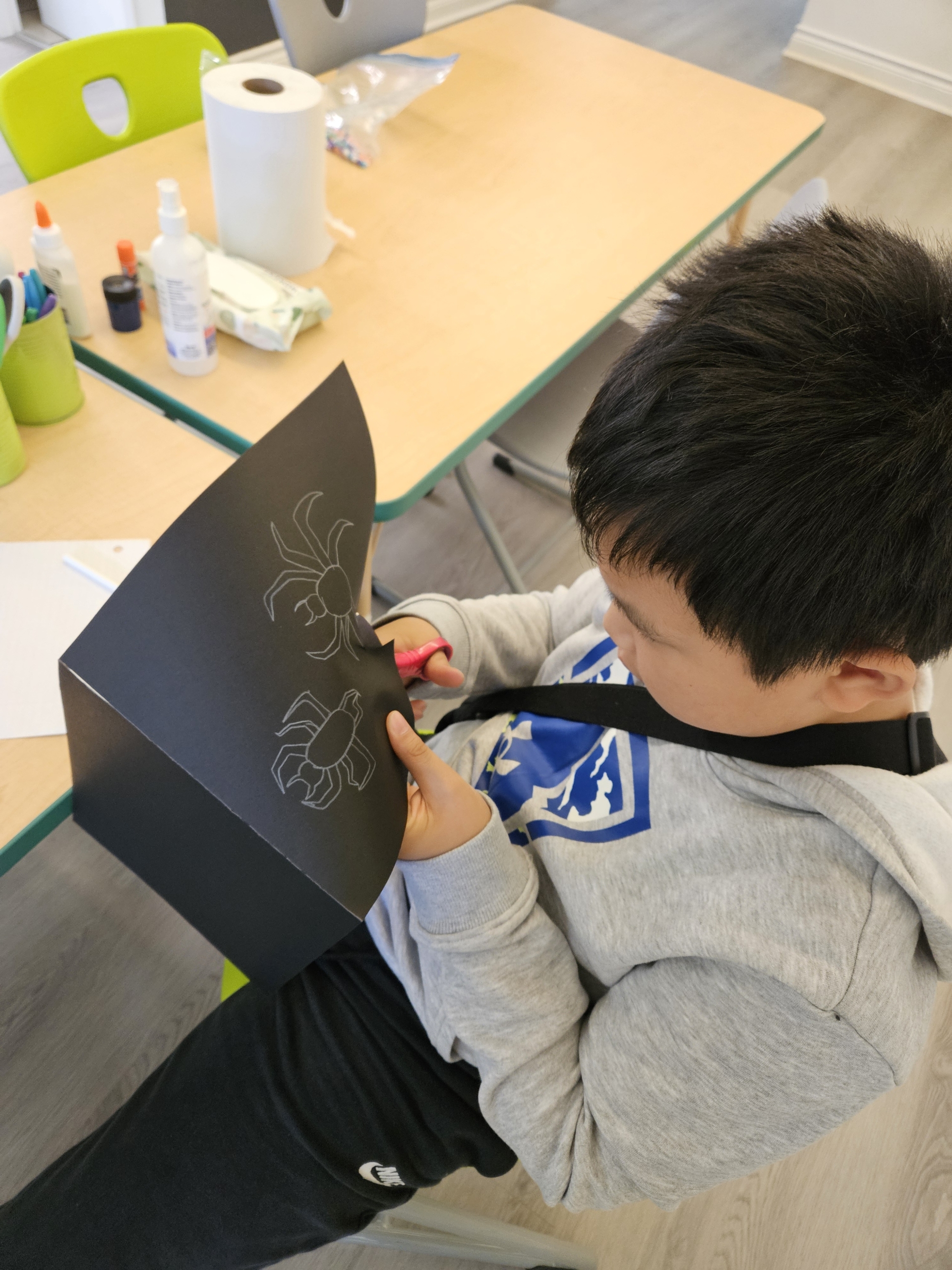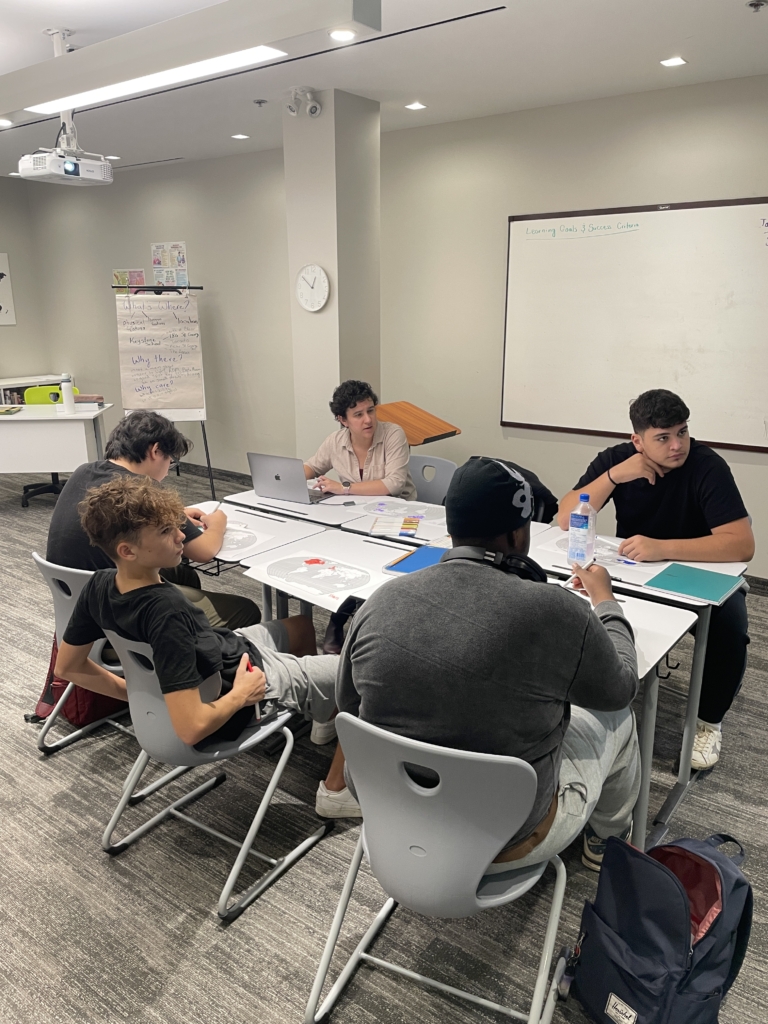To succeed in Grade 9, students need a strong foundation in core academic and soft skills and an understanding of key concepts across subjects. Developing critical thinking, problem-solving abilities, and effective study habits is essential.
This is a topic we have previously spoken about on our blog, but this specific post marks the first in a new series focused on how middle school students can best prepare themselves to enter high school. Whether this involves taking some type of preparatory course in the summer, or doing individual study at home, having a strong sense of the expectations of high school teachers is essential.
To begin, we will discuss how crucial development of certain soft skills is prior to entering secondary education.
At Keystone School, we believe that learning how to learn during the elementary years is one of the most critical skills a student can develop. Content can always be learned, knowledge gaps can be filled, and weak academic foundations can be made stronger. However, if the foundation of soft skills is weak, it becomes much harder to succeed in the challenges ahead. Studies continue to show that proficiency in certain soft skills is often a better indicator of academic success than more traditional measures of intelligence. Soft skills like organization, time management, and problem-solving form the structure that supports academic growth and lifelong learning.
Here are the key soft skills students should develop for success in Grade 9 and beyond:
- Organization
- Time Management: Use planners, calendars, or digital tools to track assignments, tests, and deadlines. Break large projects into smaller, manageable tasks.
- Prioritization: Learn how to identify what tasks are most important and tackle them first.
- Workspace Management: Keep your study space organized with necessary materials easily accessible to minimize distractions.
- Time Management
- Planning Ahead: Anticipate busy weeks and schedule time for studying, assignments, and personal activities.
- Avoiding Procrastination: Set short deadlines for tasks to stay on track and reduce last-minute stress.
- Balancing Activities: Develop the ability to balance schoolwork with extracurricular activities, hobbies, and relaxation.
- You can learn more about developing time management skills and enhancing productivity here.
- Communication
- Active Listening: Focus on listening carefully during classes and discussions to understand instructions and key concepts.
- Expressing Ideas: Learn to share thoughts clearly and respectfully, whether in group projects or individual presentations.
- Seeking Help: Build confidence in asking teachers or peers for help when needed. Effective communication fosters stronger connections and ensures clarity.
- Collaboration
- Teamwork: Learn how to contribute positively to group projects by respecting others’ ideas, dividing tasks fairly, and working towards shared goals.
- Conflict Resolution: Develop the ability to manage disagreements constructively and maintain focus on the task at hand.
- Adaptability: Be open to new ideas and flexible in changing your approach to achieve the best outcome.
- Problem-Solving and Critical Thinking
- Analyzing Problems: Practice breaking down challenges into smaller components to understand them better.
- Creativity: Think outside the box when coming up with solutions or completing creative assignments.
- Decision-Making: Evaluate options carefully and choose the best course of action based on evidence or logic.
- Emotional Intelligence
- Self-Awareness: Recognize your strengths and weaknesses to work on areas needing improvement.
- Empathy: Practice understanding and respecting the feelings and perspectives of others.
- Stress Management: Learn techniques like deep breathing, exercise, or time outdoors to manage stress and maintain mental well-being.
- Digital Literacy
- Using Technology: Learn to effectively use technology for schoolwork, including word processors, spreadsheets, and online research tools.
- Online Etiquette: Practice respectful and professional behaviour in virtual classrooms, group chats, and email communication.
- Cybersecurity Awareness: Understand how to keep personal information safe and recognize online risks.
- You can learn more about introducing digital skills in formative years here.
Developing these soft skills before entering grade 9 will give students an advantage when facing an entirely new curriculum and course structure. This is why we recommend that students work on honing these skills, with their parents, siblings, peers and educators, before they embark on the exciting journey of secondary school!







